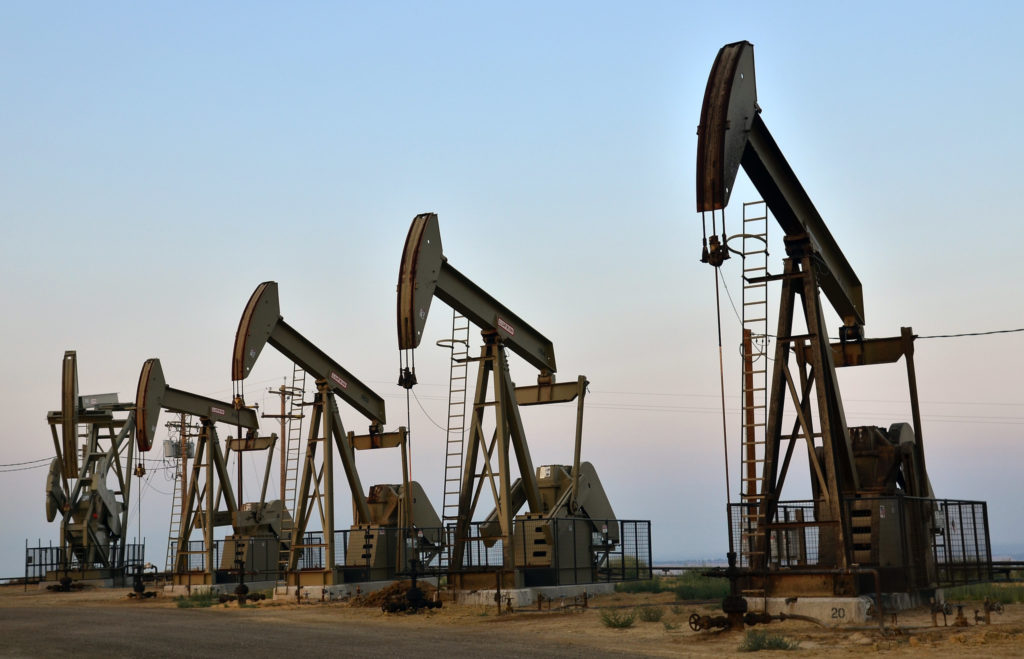
The Tennessee Valley Authority should meet electricity demand if a severe cold snap strikes this winter. That’s according to the annual reliability assessment from the North America Electric Reliability Corporation.
This year, NERC shifted focus from a power system’s capacity under average climate conditions to its ability to withstand extreme weather.
TVA maintained power during a recent test — the February winter storm — thanks in part to recent weatherization upgrades at power stations, according to TVA’s vice president of pricing and contracts, Cass Larson.
“If you go back to 2014, TVA had difficulty with a cold snap, and we’ve had a lot of lessons learned since then. And we’ve actually implemented almost all of those,” Larson said.
But TVA customers won’t be immune to higher monthly bills as the temperatures drop. Global fuel shortages have caused oil, natural gas and coal costs to rapidly climb in recent months. In the U.S., coal-fired electricity generation is on pace to rise by 22% in 2021 due to higher gas prices, according to the U.S. Energy Information Administration.
What that means for electricity customers, EIA estimates, is a 6% increase in monthly power bills.
But natural gas, which is the primary heating fuel for about half of U.S. homes, will cost about 30% more than last year.
“The price will go up. But we’ve mitigated that price increase by contracting ahead at or below current market rates. So we’ve sort of moderated a lot of the impacts that others can see,” Larson said.
About a quarter of TVA’s gas supply is currently hedged, meaning the utility sets up contracts to keep some gas prices consistent. But the majority is subject to price increases, which are transferred to customers.
“These high and volatile gas prices are being driven by swings in demand for gas across the country and the world from COVID,” said Maggie Shober, the director of utility reform at the Southern Alliance for Clean Energy.
There are a few factors at play. Fuel stocks plummeted last year — which Wall Street didn’t easily forget — and banks and investors are gradually facing more pressure to decarbonize.
Clean energy advocates say Tennesseans should keep this boom-bust cycle in mind as climate policies further push price volatility and TVA transitions its coal fleet to new generation. TVA intends to build at least three new gas power plants and two new pipelines in the state.
“We have already seen a preview of what happens to utilities that increase their reliance on gas in Florida, and an increase on gas generation in Tennessee could hurt already burdened TVA customers even more,” Shober said.
Risks of climate change
In February, an unprecedented winter storm caused widespread blackouts in Texas. Cold temperatures forced generation offline, and gas-fired power plants struggled to procure fuel, according to a federal report released in November.
Whether global warming will regularly deliver colder winter storms in southern states is a subject of debate. Some research shows that Arctic warming and sea ice loss is weakening the jet stream, which is a band of fast-flowing air high in the atmosphere that can pull down cold air from the Arctic.
But, overall, winters are getting warmer. And, while we are experiencing rapid Arctic warming and sea ice loss, the evidence for long-term trends in worsening cold spells in mid-latitudes is lacking.
So it comes down to weighing risks and costs for southern grid regulators, as weatherizing power stations or installing backup sources is expensive.
But the risk can be high. A BuzzFeed News investigation estimated that at least 700 people died in Texas during the week with the worst power outages.

